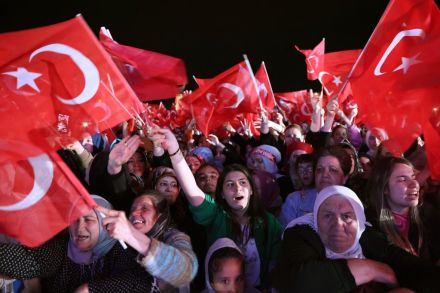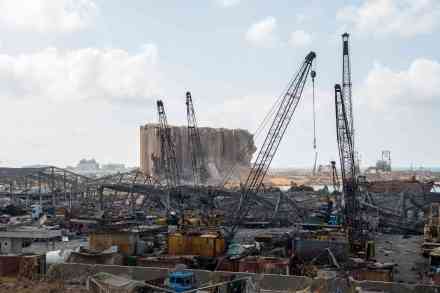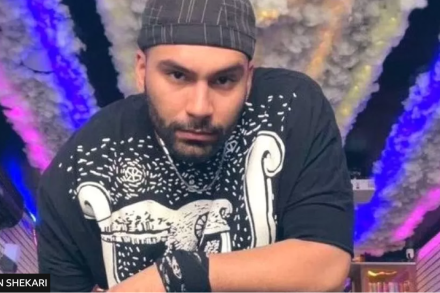The West could pay a heavy price for the Taliban’s war on drugs
The meth and heroin addicts were still gathering in their hundreds in a squalid encampment under the Pul-e-Sokhta bridge in the Afghan capital of Kabul. It was a sorry sight to see them squatting beside bonfires while stray dogs ran around them, barking. Many were homeless and had nowhere else to go. ‘It’s easier to access the substance here,’ a dealer and one of the bridge camp’s scruffy inhabitants told me. ‘Everything is available here, best quality. They (the police) come here but they don’t bother us a lot. We are friends with the dogs; when it’s cold the dogs sit next to us; they may get high when we




















